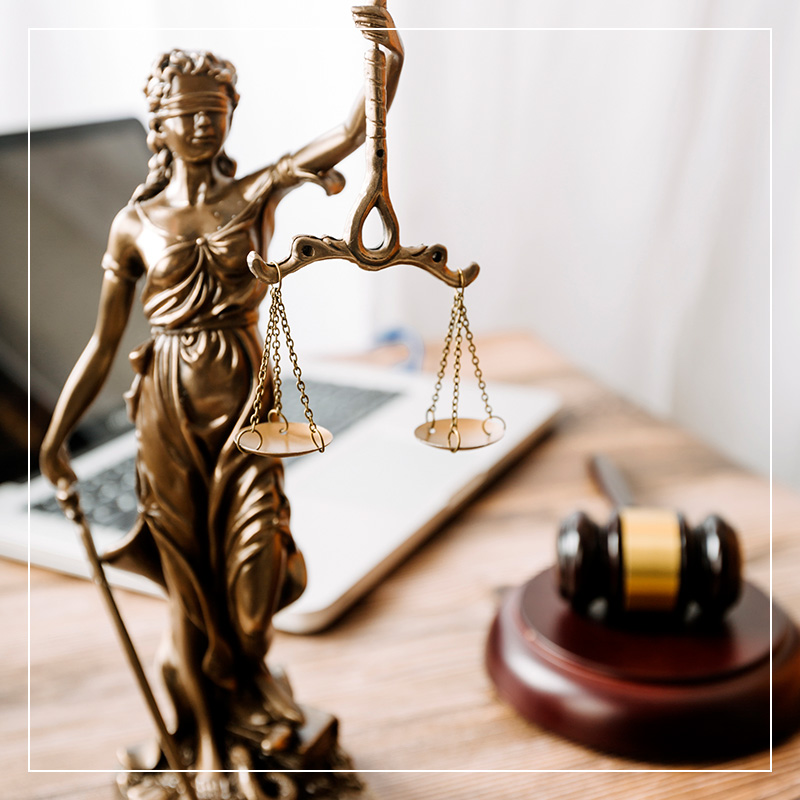As science advances, new technologies become widely available and accessible to the public. One such tool that has increased in popularity in recent years is genetic testing. People can submit a sample of their DNA to a laboratory to have it tested. Once the analysis is complete, the individual gets a record of their genetic makeup and ancestry.
Because the results are transmitted online, much of the information is publicly available. Although that allows individuals to easily connect with distant relatives, law enforcement has found ways to use the information in criminal cases.
Comparing Crime Scene Evidence with Online DNA Information
Forensic genetic genealogy (FGG) is the investigative technique law enforcement uses to compare DNA evidence found at a crime scene with that available on public sites. After they receive a match from the database, they then employe traditional investigation practices to identify a suspect. This method has been employed recently and has helped solve various cases, including those that happened decades earlier.
However, such use brings up privacy concerns for individuals who have their DNA stored in an online database. An innocent individual may become a person of interest in a case because their DNA happens to match that of a suspect. Additionally, they might not have given consent for law enforcement to use their genetic data for a criminal investigation.
DOJ Forensic Genetic Genealogy Rules
Recognizing the delicate balance between investigating a crime and protecting the privacy of citizens, the Department of Justice (DOJ) announced an interim policy that addresses how to effectively handly DNA database information while working on a criminal case.
The guidelines, which take effect on November 1, 2019, state that officials should first employ traditional investigation methods before accessing public DNA databases. When a genealogy website will be used, the officer should ensure that customers have been informed and consented to have their information looked at by law enforcement. Additionally, investigators are prohibited from using fake personal data to conceal their identity as an officer and access a site.
Currently, the policy applies to DOJ agencies or state and local departments that receive federal funding.
Get Seasoned Legal Counsel from Corrigan Welbourn Stokke, APLC
When prosecutors present evidence in a case, they must follow specific rules that prevent them from submitting anything that might have been collected in a way that violated a person’s rights. If the object or information they use infringed upon guaranteed protections, it could be suppressed at trial. Our attorneys have over 100 years of combined experience and know how to effectively handle various criminal matters from theft crimes to sexual offenses. We will thoroughly examine your circumstances and challenge evidence that was unlawfully collected.
If you’re facing criminal charges in Newport Beach, reach out to us today by calling (949) 251-0330 or filling out an online contact form.



